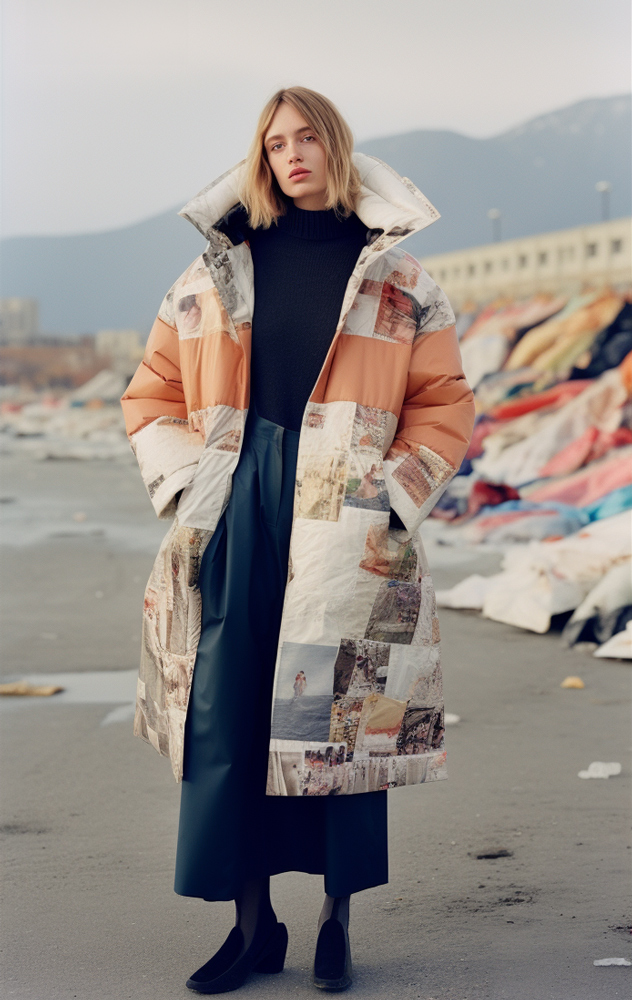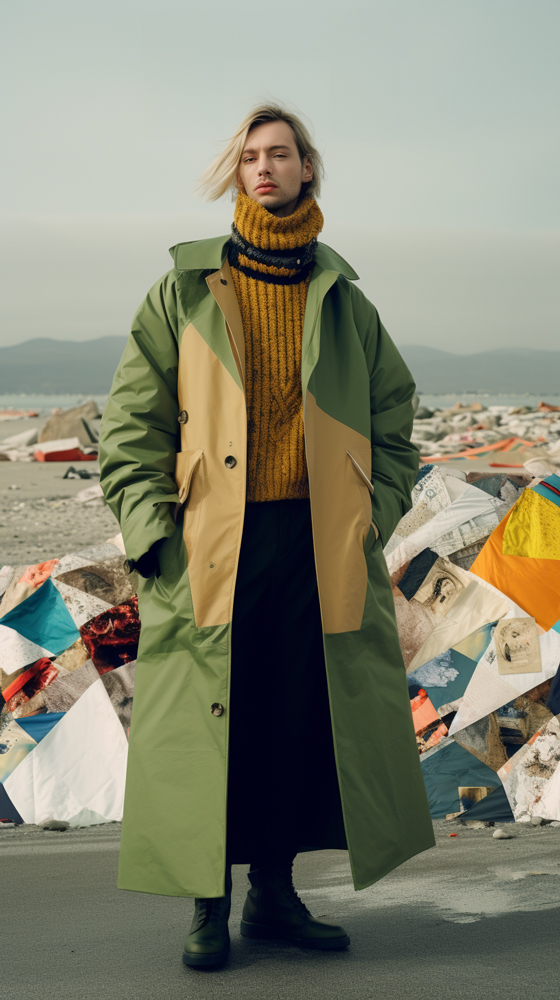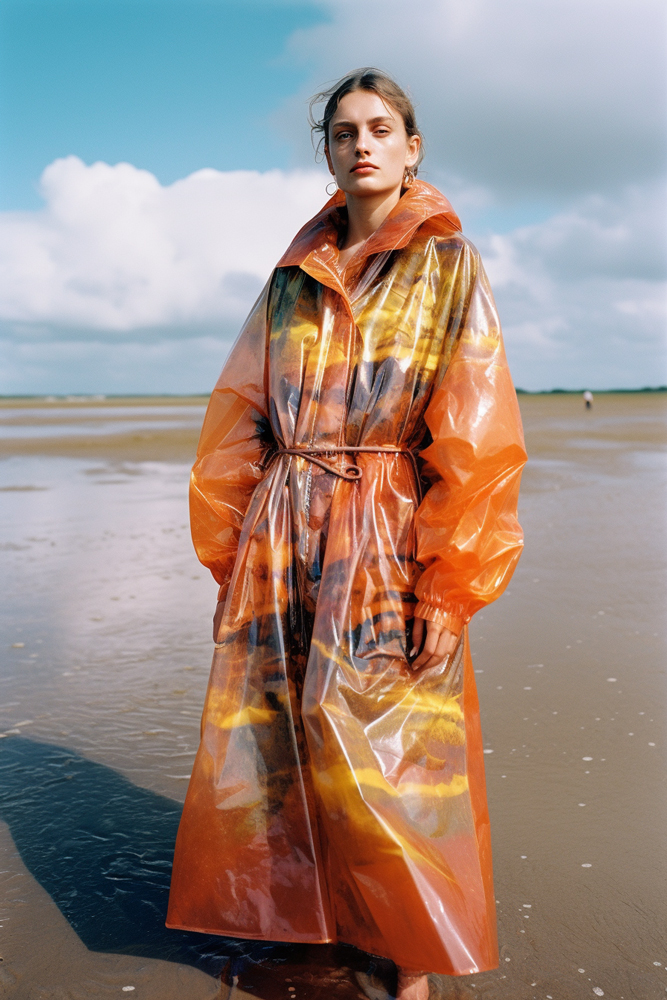
The world of fashion, renowned for its creativity and innovation, has always kept pace with the times, continuously reinventing itself. Today, it stands on the brink of a new era, led by the transformative power of Artificial Intelligence (AI). A game-changer in every sense, AI is revolutionizing the industry by offering innovative solutions to age-old challenges and opening up unprecedented opportunities.
AI, with its myriad applications, is redefining how the fashion industry operates. It is streamlining supply chains, enhancing customer experiences, and even influencing design decisions. The integration of AI in retail websites, for instance, is facilitating personalized customer experiences that were unimaginable a few years ago. Utilizing machine learning algorithms, these platforms offer recommendations tailored to individual customer preferences, resulting in increased satisfaction and sales.
AI is also making its mark on fashion design. Through the analysis of millions of images and fashion trends, AI algorithms can predict upcoming trends and aid designers in their creative process. Companies like AI Fashion are leading the charge, using AI to revolutionize the way fashion is conceived and produced.
So, what does the future hold for AI in the fashion industry?
The potential of AI in fashion seems limitless. We anticipate that AI’s influence will permeate deeper into the industry, transforming everything from production to marketing. AI-powered virtual reality could soon allow customers to virtually try on clothes, eliminating the uncertainty that often accompanies online shopping. Meanwhile, smart algorithms will predict fashion trends with increasing accuracy, providing actionable insights for designers and retailers alike.
In terms of sustainability, AI also offers great promise. The fashion industry has long been under scrutiny for its environmental impact. However, AI might hold the key to a more sustainable future for fashion. Advanced AI systems can optimize production processes, reduce waste, and even support recycling efforts.
Technology at large, and AI in particular, is poised to shape the future of fashion. Just as e-commerce ushered in a new age of retail, AI is set to propel the industry forward, breaking new ground and shattering old conventions. The digital revolution in fashion is only just beginning.
AI is not only enhancing the functional aspects of the fashion industry but also nurturing a new culture of inclusivity. AI’s ability to offer personalized experiences is breaking down barriers, making fashion more accessible to diverse body types, preferences, and budgets.





One question remains: Is AI the future of sustainable fashion?
In our pursuit of style, it’s crucial that we don’t overlook sustainability. AI might be a powerful tool in this respect. By harnessing the predictive power of AI, we could drastically reduce overproduction, a significant contributor to waste in the fashion industry. Furthermore, AI can help consumers make more informed choices by providing insights into the environmental impact of their purchases.
Stepping into the world of budding businesses, AI has become a cornerstone for a multitude of fashion start-ups. These forward-thinking companies are harnessing the power of AI to redefine what’s possible within the realm of fashion. A prime example of this is the rise of bespoke fashion. Utilizing AI’s deep learning capabilities, start-ups are creating highly personalized garments based on an individual’s exact measurements, style preferences, and even social media activity.
Start-ups are also leveraging AI to overcome some of the industry’s biggest challenges, such as waste reduction and ethical sourcing. By using AI to better predict demand, these start-ups can produce clothing more sustainably, reducing both overstock and the associated environmental impact. As we continue to navigate the digital age, we can expect AI-driven start-ups to play a pivotal role in shaping the fashion industry’s future.
On the other end of the spectrum, high-end fashion designers are integrating AI into their creative process in fascinating ways. Gone are the days where technology and haute couture stood at opposing ends. Today, they converge to create a unique blend of innovation and craftsmanship.
For instance, designers are using AI to analyze vast amounts of data on emerging trends, colors, and patterns to guide their design process. Some are even using AI directly in their creations, with garments that use AI and sensors to adapt to the wearer’s environment and body temperature.
Runway shows, too, have seen the influence of AI. With the pandemic leading to the rise of digital formats, some brands have used AI to create virtual models and immersive, virtual reality runway experiences that push the boundaries of traditional fashion shows.
This amalgamation of high-end fashion and AI isn’t just about novelty, though. It represents a seismic shift in how fashion is conceived, created, and consumed. As AI continues to evolve, it’s expected that its application in high-end fashion will only grow more sophisticated and diverse.

The integration of AI in the fashion industry is no longer a future prediction; it’s a present reality. The applications are far-reaching, influencing design, production, retail, and sustainability. The future of fashion is not just about being fashionable; it’s about being intelligent, inclusive, and sustainable. With AI, we’re witnessing the dawn of a new era in fashion, where technology and creativity come together to make fashion smarter, more sustainable, and ultimately, more fascinating.
